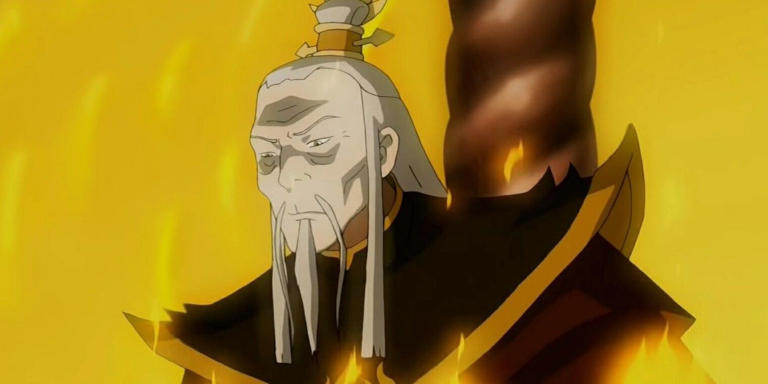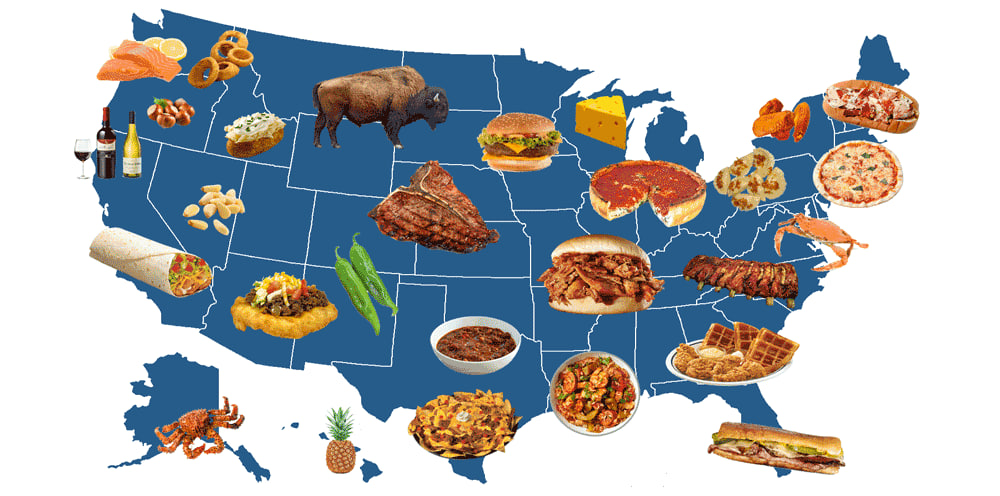
The Enigma of Iroh: Unraveling Why He Isn’t the Firelord in Avatar: The Last Airbender, Despite Ozai’s Age
- Entertainment
- 17 May 2023
- No Comment
- 177
Introduction: Avatar: The Last Airbender captivated audiences with its rich storytelling and complex characters, none more beloved than Uncle Iroh. Known for his wisdom, compassion, and powerful firebending skills, fans often wonder why Iroh never became the Firelord despite his impressive abilities and the advanced age of Ozai, the main antagonist. In this article, we delve into the enigma of Iroh and explore the compelling reasons behind his surprising absence from the throne. Prepare to uncover the hidden truths and understand the deeper motivations that shaped Iroh’s journey in the world of Avatar.
- The Path of Personal Redemption: Iroh’s character arc in Avatar: The Last Airbender is one of personal redemption and spiritual growth. Following the loss of his son, Iroh renounced his desire for power and conquest, opting instead to seek inner peace and enlightenment. This transformative journey led him to become a wise mentor and father figure to the series’ protagonist, Aang. Despite his undeniable strength, Iroh recognized the destructive nature of the Fire Nation’s path and chose a different, more enlightened route. His focus shifted from seeking power to spreading harmony and restoring balance to the world.
- The Weight of Legacy: While Iroh possessed the capability to become Firelord, he carried the weight of his family’s legacy on his shoulders. Iroh’s father, Azulon, had already designated Ozai as the heir to the throne. As a man of honor and respect for tradition, Iroh accepted his father’s decision and allowed Ozai to ascend to power. This decision also stemmed from Iroh’s understanding of the negative consequences that his reign might bring, given the Fire Nation’s aggressive history. Iroh’s selflessness and commitment to peace were more important to him than personal ambition.
- Wisdom Beyond Titles: Iroh’s true power lay not in his position of authority, but in his wisdom and ability to positively influence those around him. Throughout the series, Iroh serves as a source of guidance and inspiration for numerous characters, including Zuko, the conflicted prince of the Fire Nation. Iroh’s role as the wise mentor and teacher showcased the profound impact he could have outside the confines of a formal leadership position. By embodying the principles of compassion, understanding, and harmony, Iroh’s influence extended far beyond the Firelord’s seat.
- The Greater Purpose: Avatar: The Last Airbender emphasizes the interconnectedness of all individuals and their roles in fulfilling the greater purpose of restoring balance to the world. While Iroh could have become Firelord, his journey and destiny were intertwined with his role as a mentor, guiding Aang and the Avatar on their path to bring peace. Iroh’s importance transcended political power, and his ultimate purpose was to contribute to the larger mission of ending the war and fostering unity among the nations.
Conclusion: Uncle Iroh’s absence from the role of Firelord in Avatar: The Last Airbender may initially seem puzzling, considering his strength, wisdom, and Ozai’s age. However, delving into the deeper motivations of Iroh’s character reveals a profound story of personal redemption, legacy, and a commitment to a higher purpose. Iroh’s decision to forgo the throne and embrace his role as a wise mentor demonstrated his selflessness and dedication to spreading peace and harmony. As fans continue to cherish the enduring legacy of Avatar: The Last Airbender, Uncle Iroh stands as a symbol of wisdom, compassion, and the


